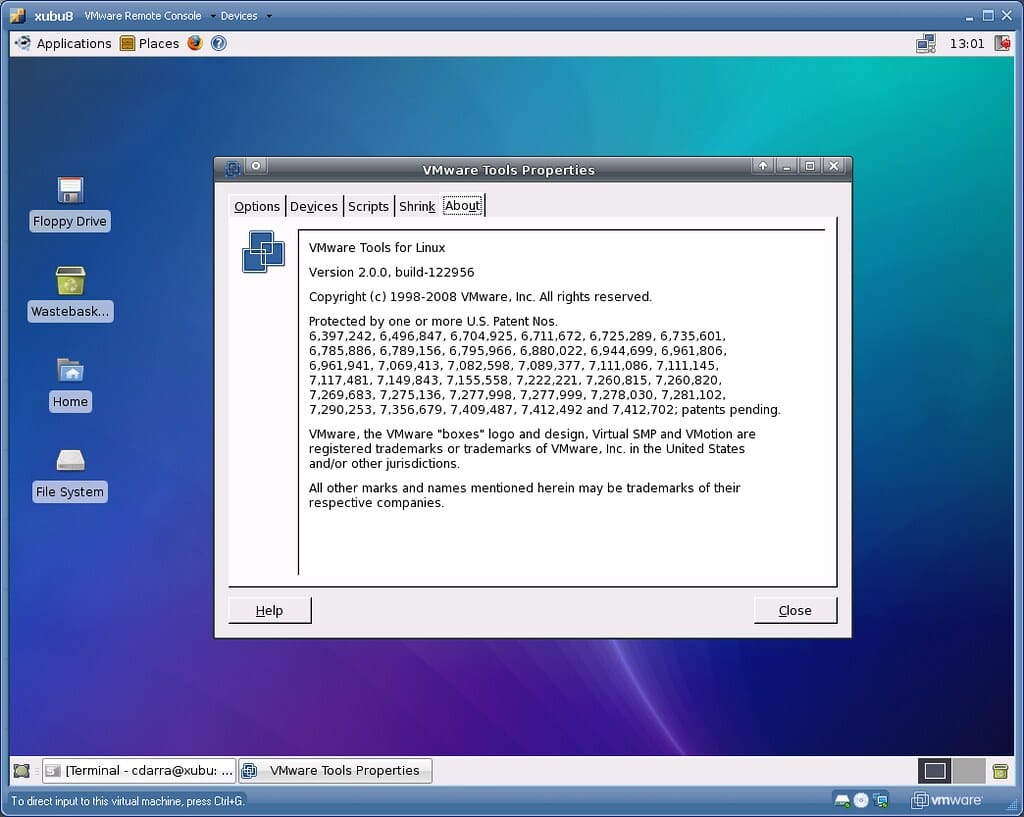Broadcom's Bold Response to VMware Pricing Backlash: "You're Just Using It Wrong"
In a move that has sparked fierce debate across the enterprise technology landscape, Broadcom executives have doubled down on their controversial VMware pricing strategy, essentially telling frustrated customers that the problem isn't the pricing—it's how they're using the software. This unprecedented response to widespread industry criticism raises critical questions about customer relations and market dominance in the virtualization sector.
The Pricing Storm That Won't Stop
Since Broadcom's $69 billion acquisition of VMware in November 2022, the technology giant has implemented sweeping changes to VMware's licensing model that have left many enterprise customers reeling. The company eliminated perpetual licenses in favor of subscription-only models and bundled previously separate products into comprehensive suites, often resulting in dramatic price increases for existing customers.
Industry reports suggest that some organizations have seen their VMware costs increase by 300% to 600% under the new pricing structure. Major clients, including several Fortune 500 companies, have publicly announced their intentions to migrate away from VMware solutions, citing unsustainable cost increases.
Broadcom's Unapologetic Stance
Rather than backing down or offering concessions, Broadcom leadership has taken an unusual approach to the backlash. In recent analyst calls and industry presentations, executives have argued that customers experiencing sticker shock are fundamentally misunderstanding how to optimize their VMware deployments.
"The issue isn't our pricing—it's that many customers are over-provisioned and under-optimized," stated a Broadcom executive during a recent earnings call. The company contends that its new bundled approach actually provides better value when customers properly consolidate their infrastructure and eliminate redundant systems.
The "Right Way" According to Broadcom
Broadcom's argument centers on several key points:
Consolidation Benefits: The company claims that customers running multiple VMware products across different departments can achieve significant savings by consolidating to their comprehensive suites.
Infrastructure Optimization: Broadcom suggests that many enterprises are running oversized, inefficient virtual environments that could be dramatically streamlined with proper planning.
Total Cost of Ownership: Executives argue that while upfront costs may be higher, the long-term total cost of ownership decreases when factoring in reduced complexity and support overhead.
Industry Pushback Intensifies
The technology community's response to Broadcom's messaging has been overwhelmingly negative. IT professionals across social media platforms and industry forums have characterized the company's stance as tone-deaf and dismissive of legitimate customer concerns.
"Telling customers they're 'doing it wrong' when they can't afford your product is a dangerous game," noted a senior infrastructure architect at a major financial services firm, who requested anonymity. "It fundamentally misunderstands the budget realities that most IT departments face."
Several industry analysts have pointed out that many organizations invested heavily in VMware infrastructure specifically because of the previous pricing model's predictability and the company's commitment to perpetual licensing options.
Market Implications and Customer Exodus
The fallout from Broadcom's approach extends beyond mere customer dissatisfaction. Competitors like Microsoft Hyper-V, Citrix, and open-source alternatives such as Proxmox are reporting increased interest and migration inquiries from disaffected VMware customers.
Cloud providers have also capitalized on the situation, with AWS, Microsoft Azure, and Google Cloud Platform all launching targeted migration programs specifically designed to attract VMware customers seeking alternatives.
Recent surveys indicate that approximately 40% of VMware customers are actively evaluating alternative virtualization platforms, representing a potential exodus that could reshape the enterprise virtualization market.
The High-Stakes Gamble
Broadcom's confrontational approach represents a significant gamble on customer lock-in and switching costs. The company appears to be betting that despite the pricing increases and negative sentiment, the complexity and cost of migrating away from VMware will keep most customers in place.
This strategy might work for deeply embedded enterprise customers with complex, mission-critical VMware deployments. However, it risks alienating smaller customers and those with less complex infrastructures who can more easily migrate to alternatives.
What This Means for Enterprise IT
For IT leaders, Broadcom's stance on VMware pricing signals a fundamental shift in the vendor-customer relationship. Organizations must now factor in not just technical capabilities and support quality, but also pricing volatility and vendor attitude toward customer feedback when making infrastructure decisions.
The VMware pricing controversy serves as a stark reminder that even market-leading products are not immune to dramatic strategic shifts following acquisitions. Enterprise customers would be wise to diversify their virtualization strategies and maintain migration readiness, regardless of their current vendor relationships.
As this situation continues to unfold, one thing remains clear: the enterprise virtualization landscape is undergoing its most significant transformation in over a decade, with lasting implications for how businesses approach their IT infrastructure strategies.

